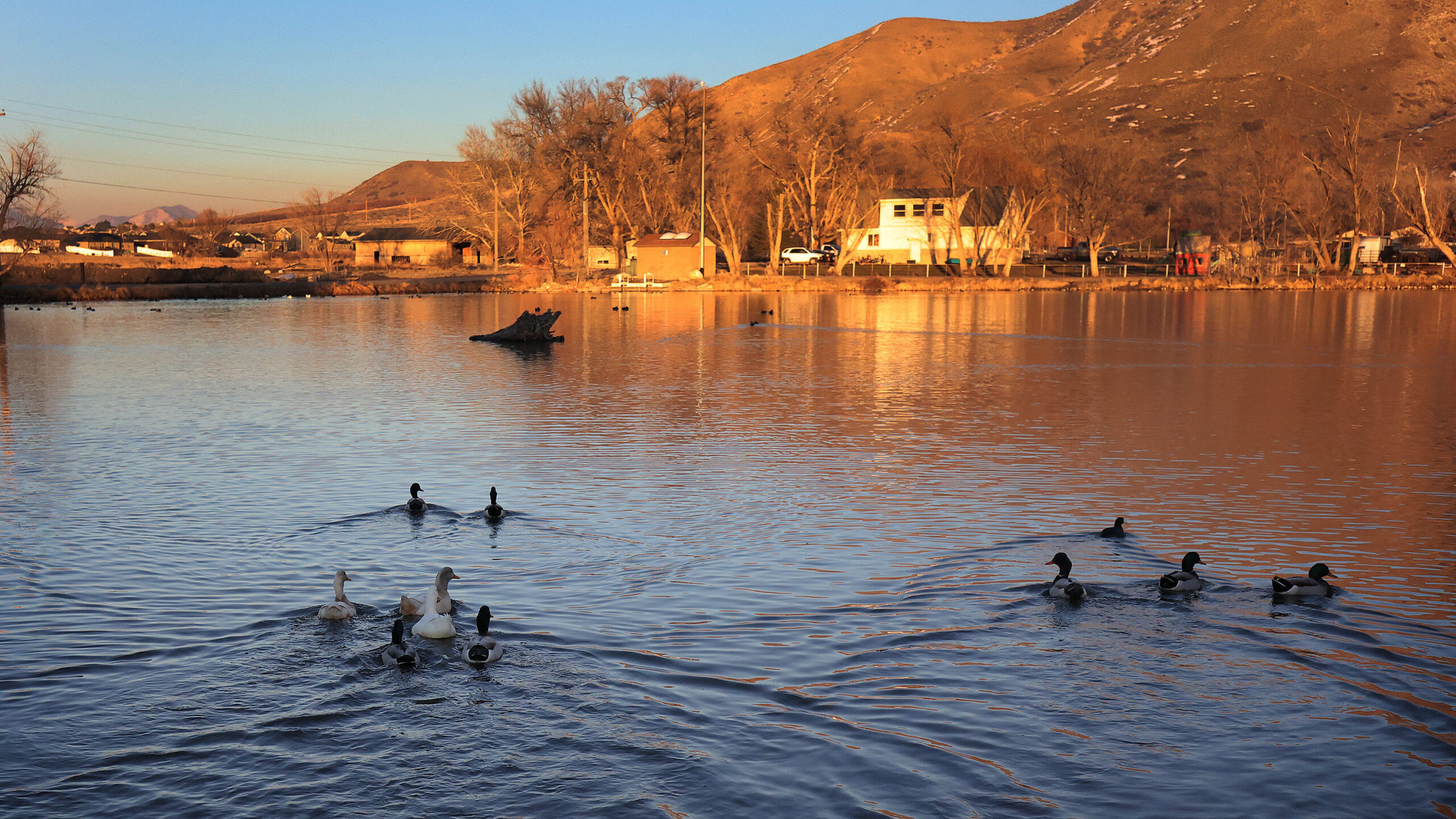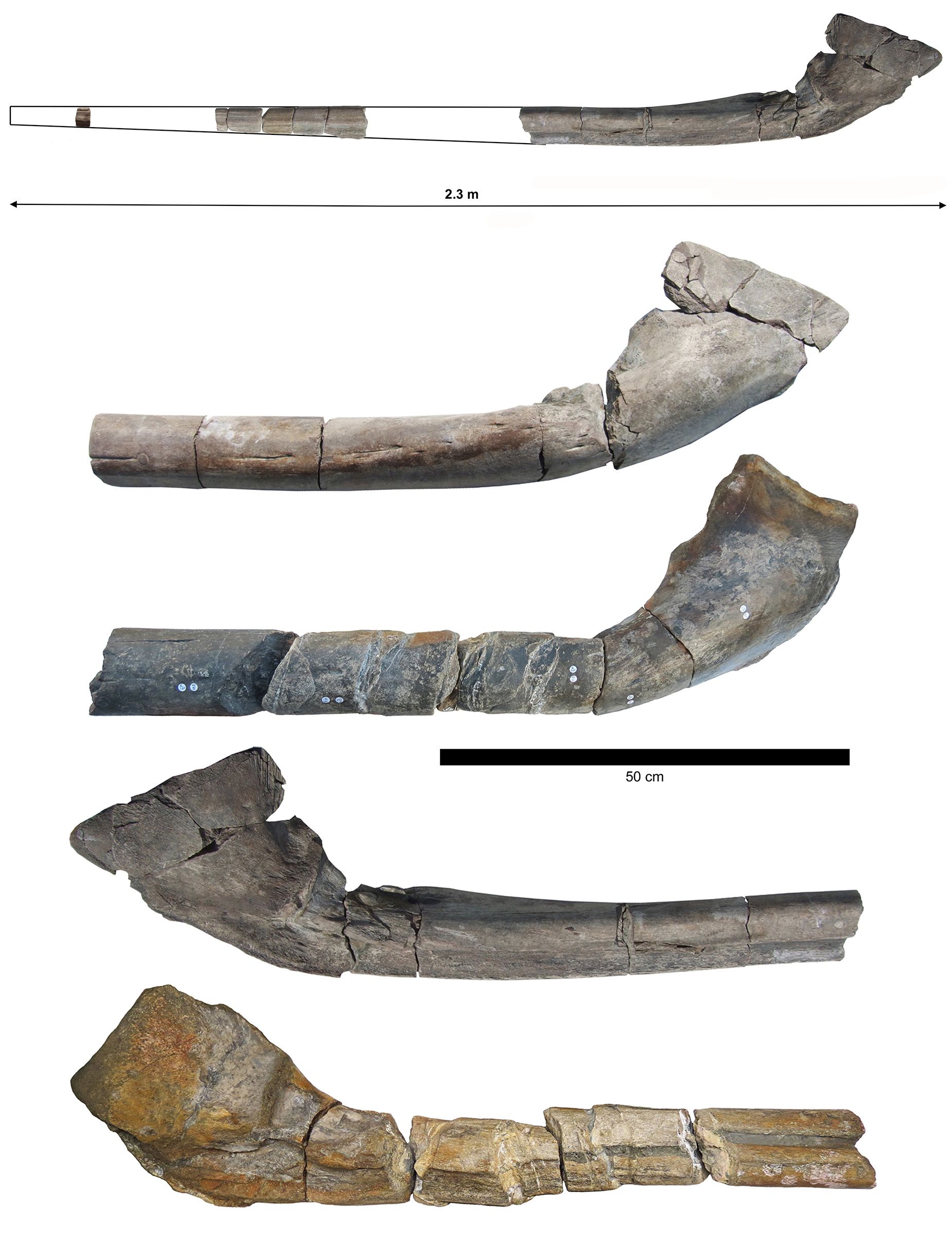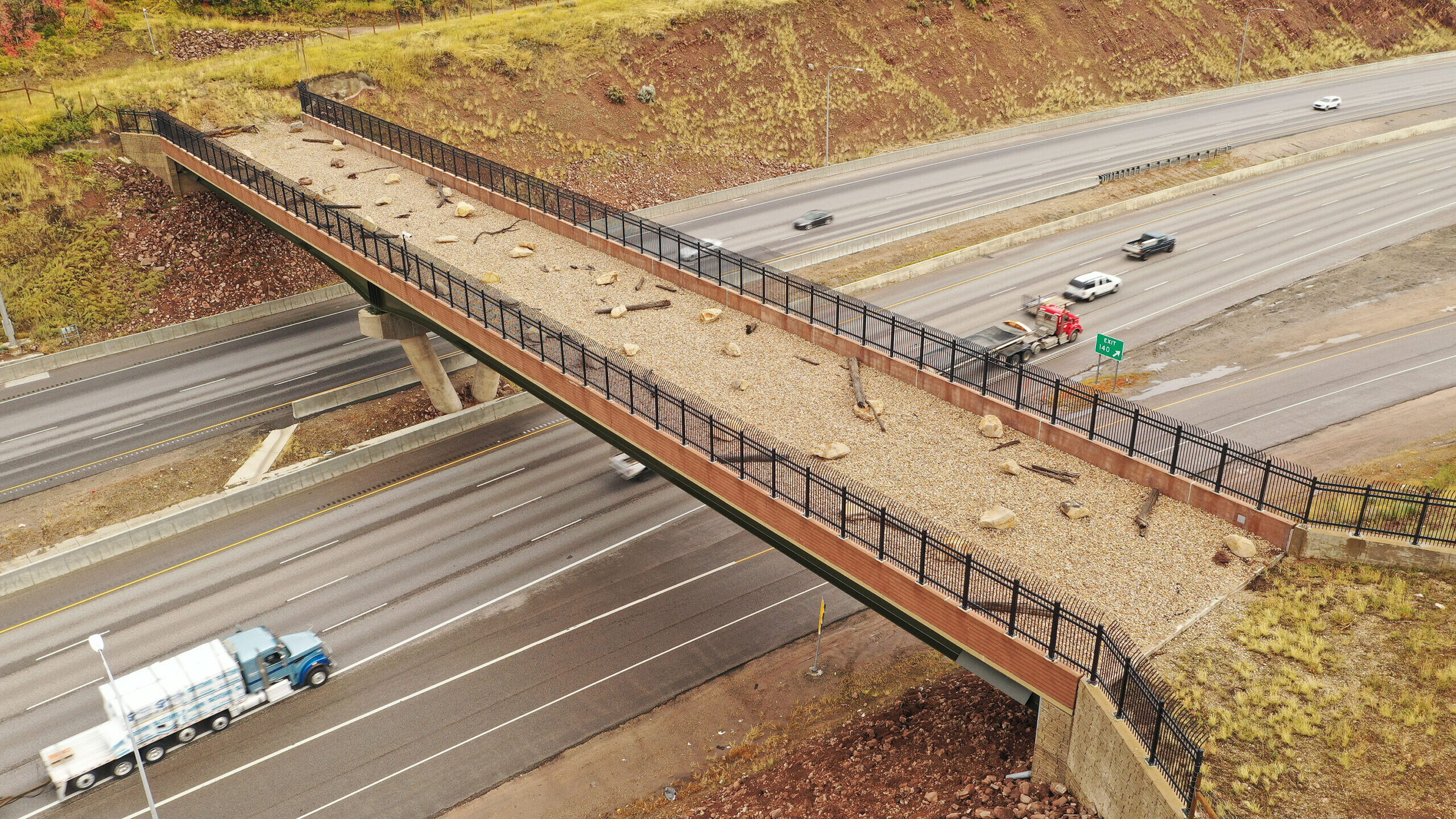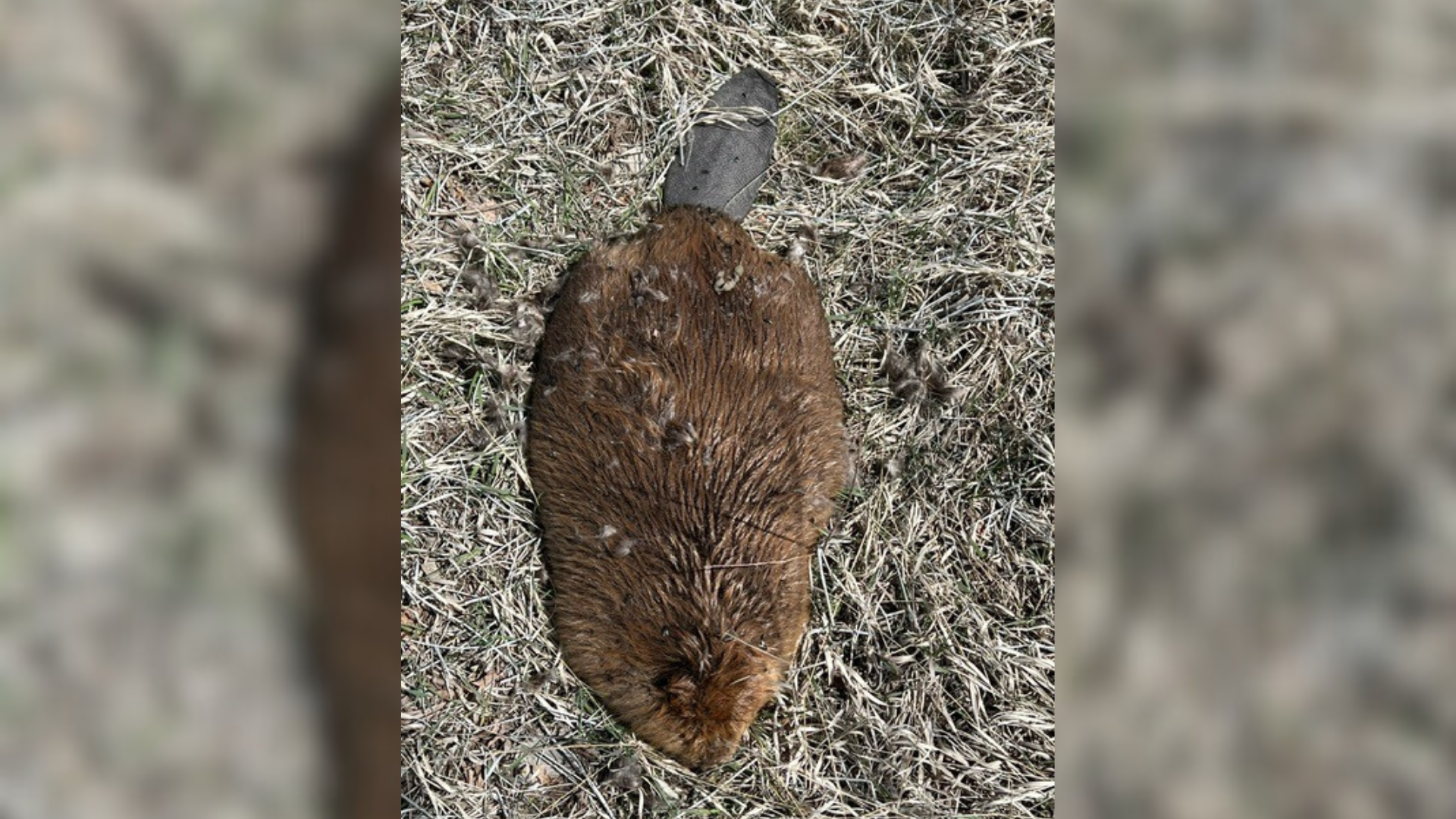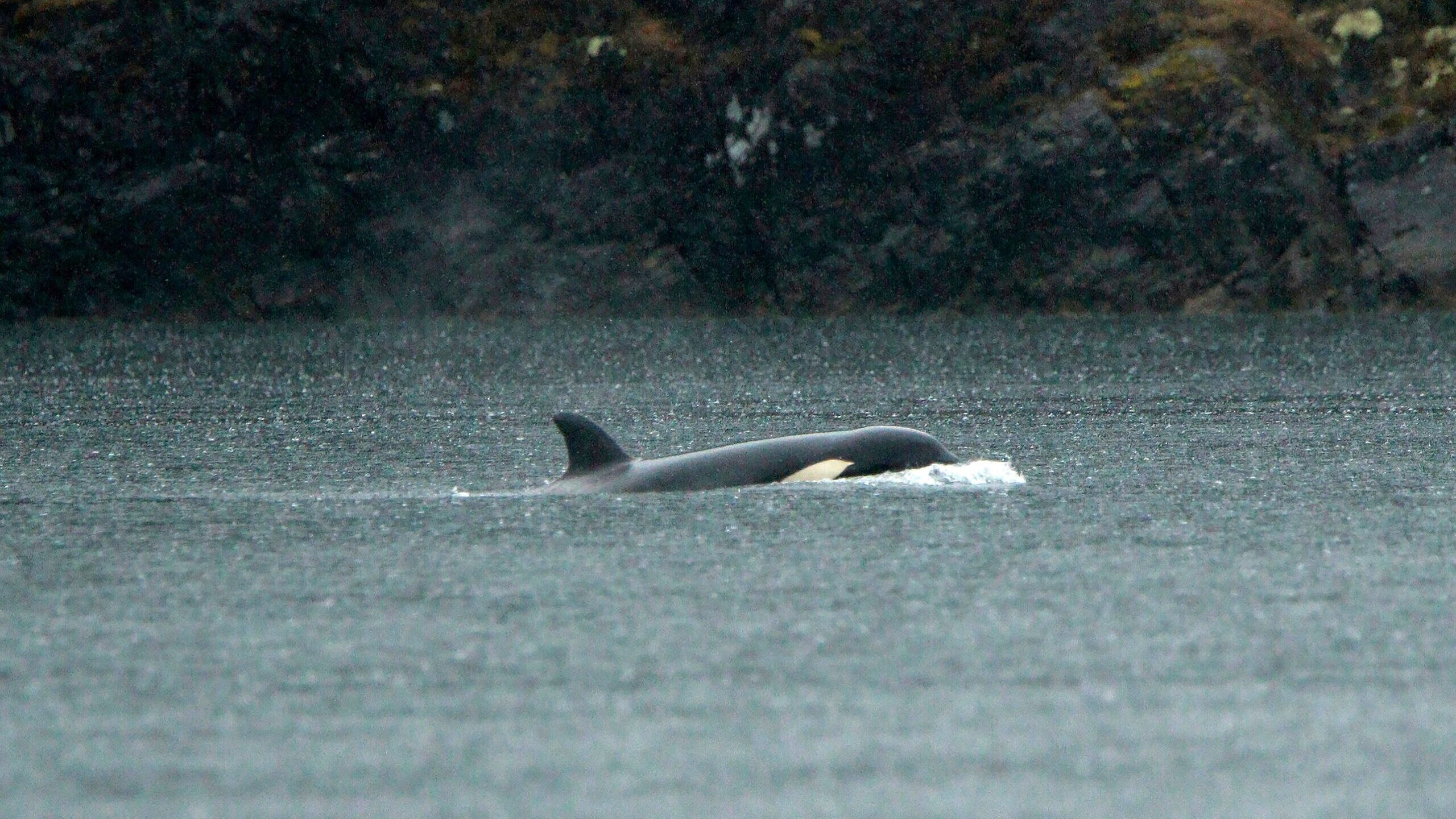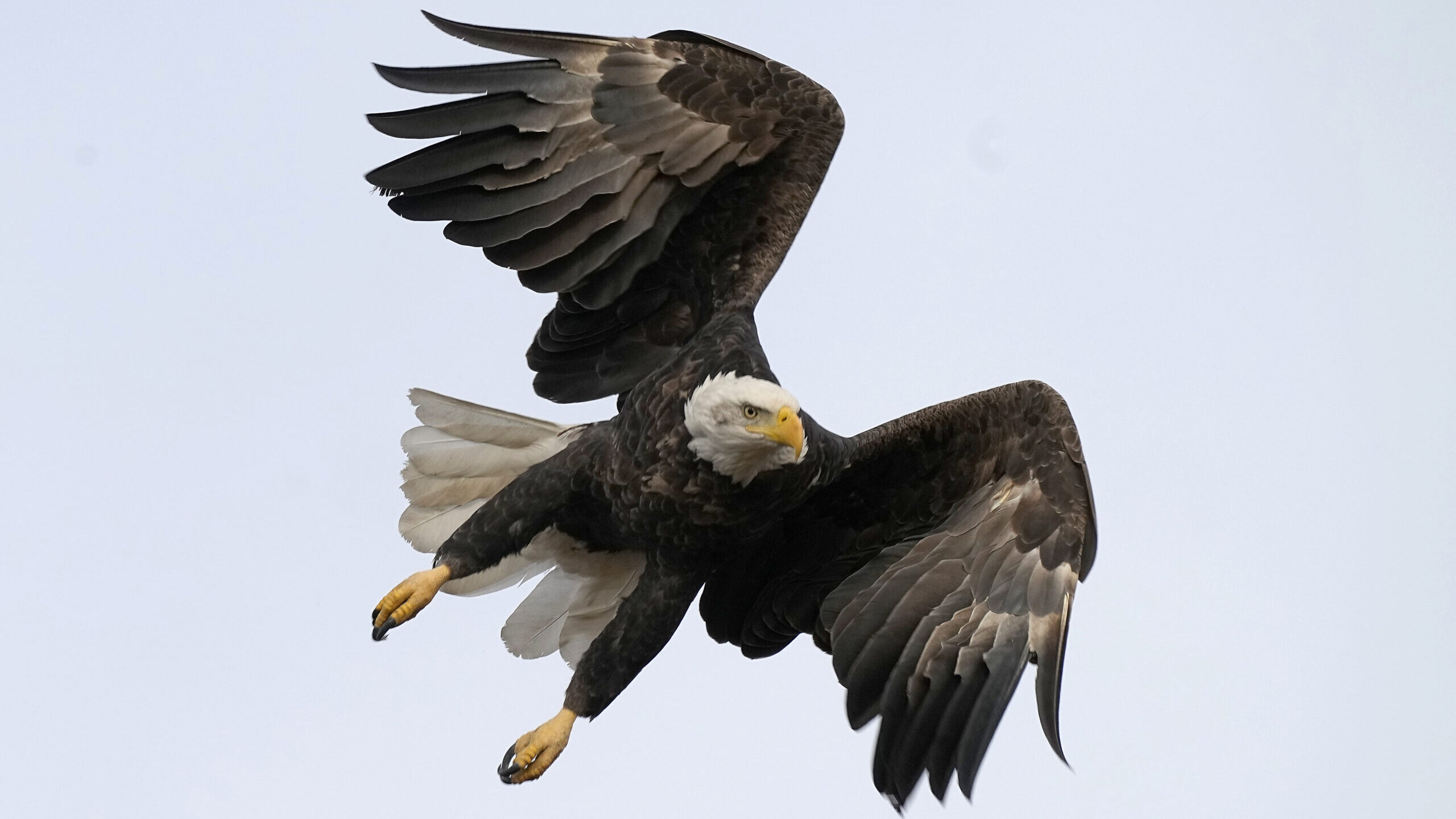Found a baby bird on the ground? Here’s what to do
Apr 18, 2023, 10:00 AM
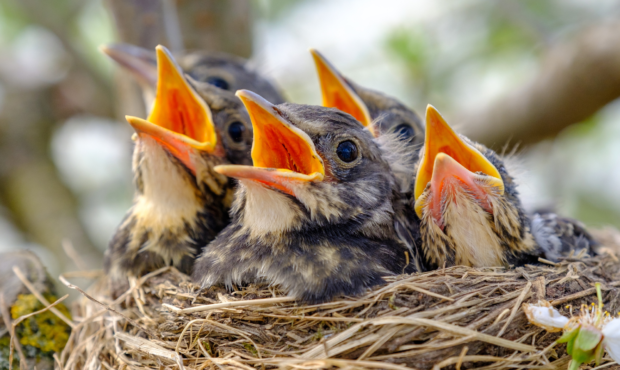
(Canva)
(Canva)
SALT LAKE CITY — Spring is here, and with it the joy of seeing baby birds hatching and making their first moves in the world. And right now it’s not uncommon to come across a baby bird on the ground.
While it may be tempting to intervene, it’s essential to know the proper steps to ensure the bird’s well-being.
“Baby birds usually chirp and call from the nest, waiting for their parents to bring food to them — and sometimes they get excited or agitated, which results in them falling from their perch,” said Utah Division of Wildlife Resources Migratory Game Bird Coordinator Heather Talley.
Here’s what to do if you find a baby bird on the ground:
- If the bird is small and featherless, it’s best to place it back in its nest. If you can’t locate the nest, you can put the bird on a branch out of reach of dogs and cats. “The baby will squawk, and its parents will find it,” says Talley. And as most birds do not have a keen sense of smell, the parents won’t be deterred by your handling.
However, it’s important to note that taking a baby bird home is against the law in Utah, as most birds are protected by state and federal laws and require special permits for possession.
- If the baby bird has feathers and is hopping around, it’s likely a fledgling, which is almost ready for its first flight. These young birds have most of their flight feathers and are in the process of learning to fly. If the fledgling is not in immediate danger, it’s best to leave it where you found it.
If you believe the fledgling is in immediate danger, you can carefully move it to a safer spot nearby. However, if you can’t catch the bird, it’s best to leave it alone.
- While it’s natural for the bird’s parents to feed it, you should refrain from attempting to feed it yourself. Birds have a specific diet, and feeding them something that’s not part of their natural diet can harm or even kill them.
- It’s important to avoid bothering or moving bird nests that have eggs or baby birds in them. It’s against the law to disturb nests with eggs or baby birds, and you can face citations for doing so. If you want to prevent birds from nesting on your property, you need to take measures before nesting season begins.
- If you encounter a baby duckling on the ground, avoid interfering at all (unless it’s facing imminent danger, like being trapped in a storm drain or swimming pool. In such situations, it’s advisable to seek help from the nearest DWR office for appropriate assistance.)
For more information about how to safely handle a baby bird encounter, visit the Wild Aware Utah website.
Related reading:


